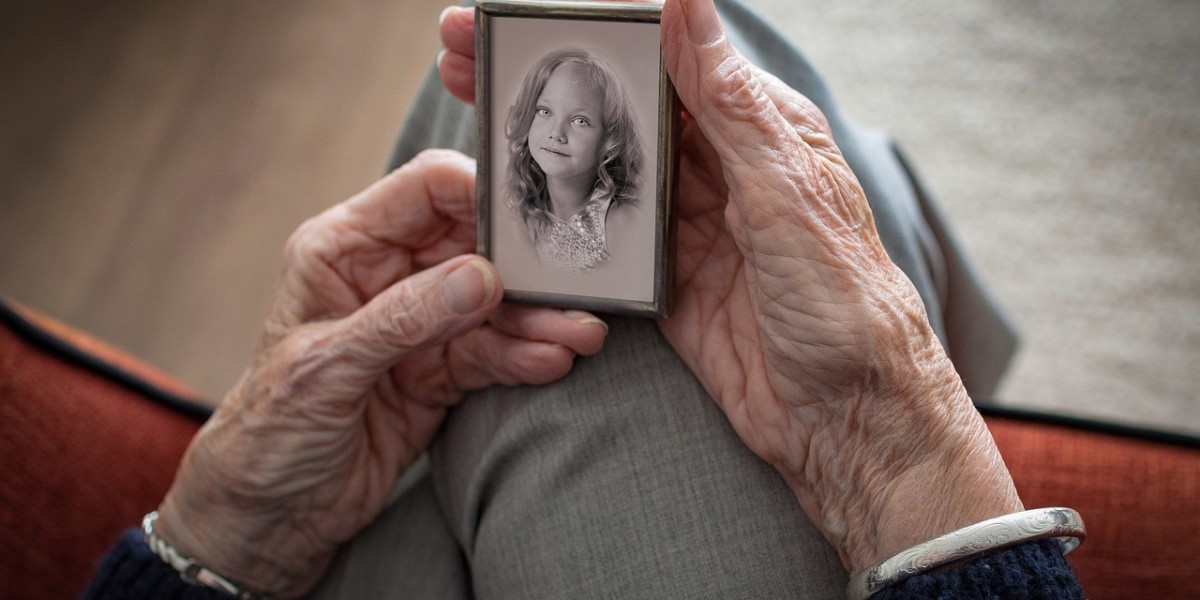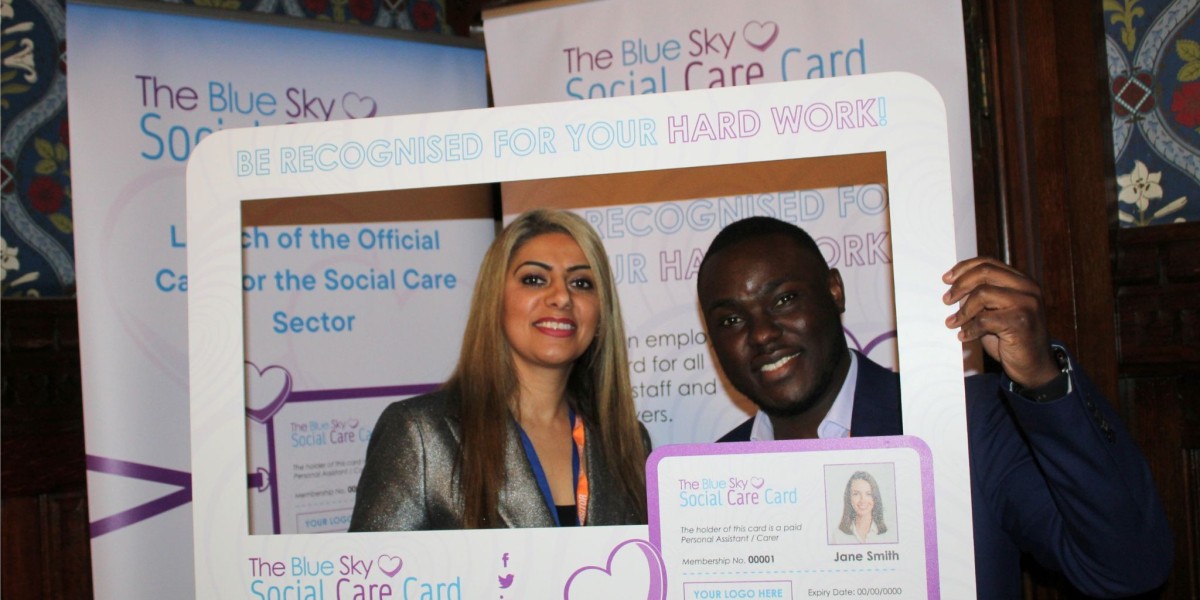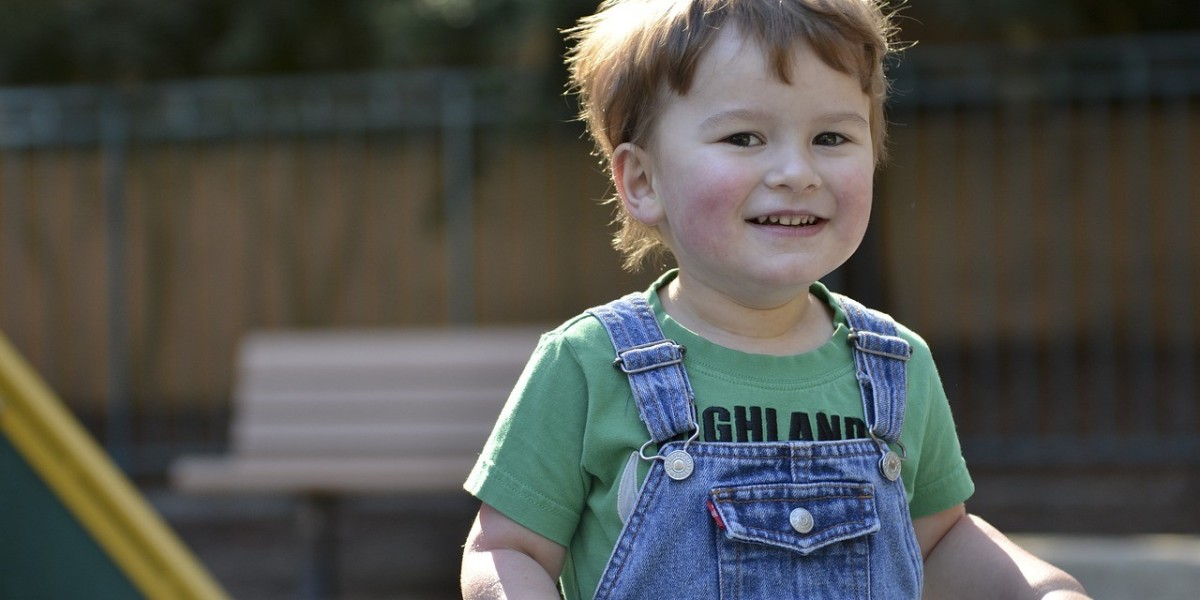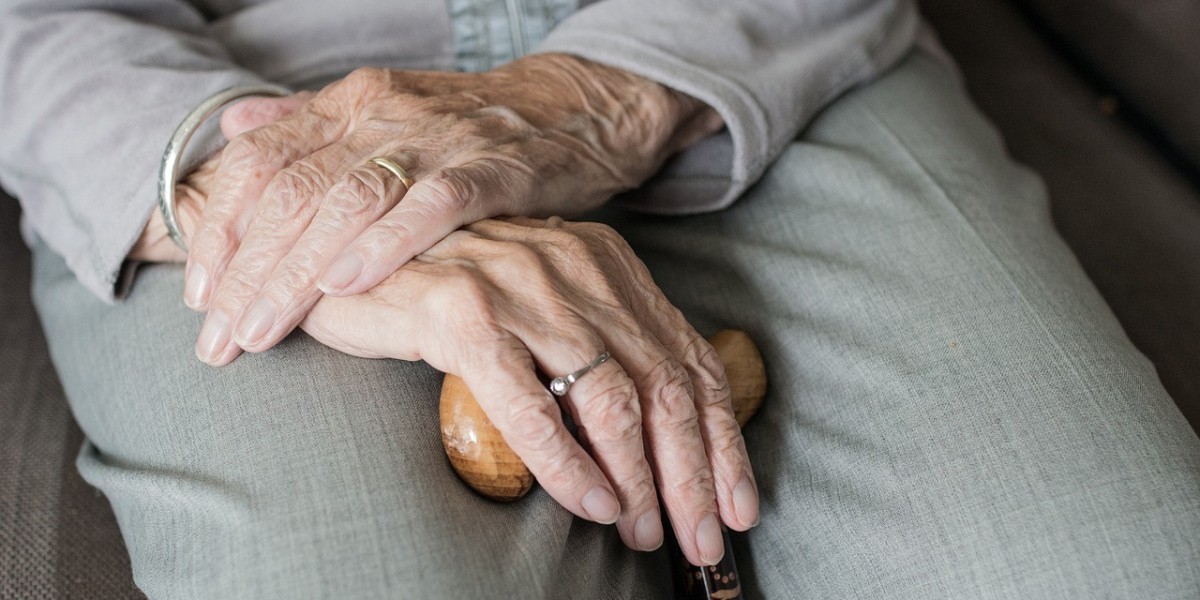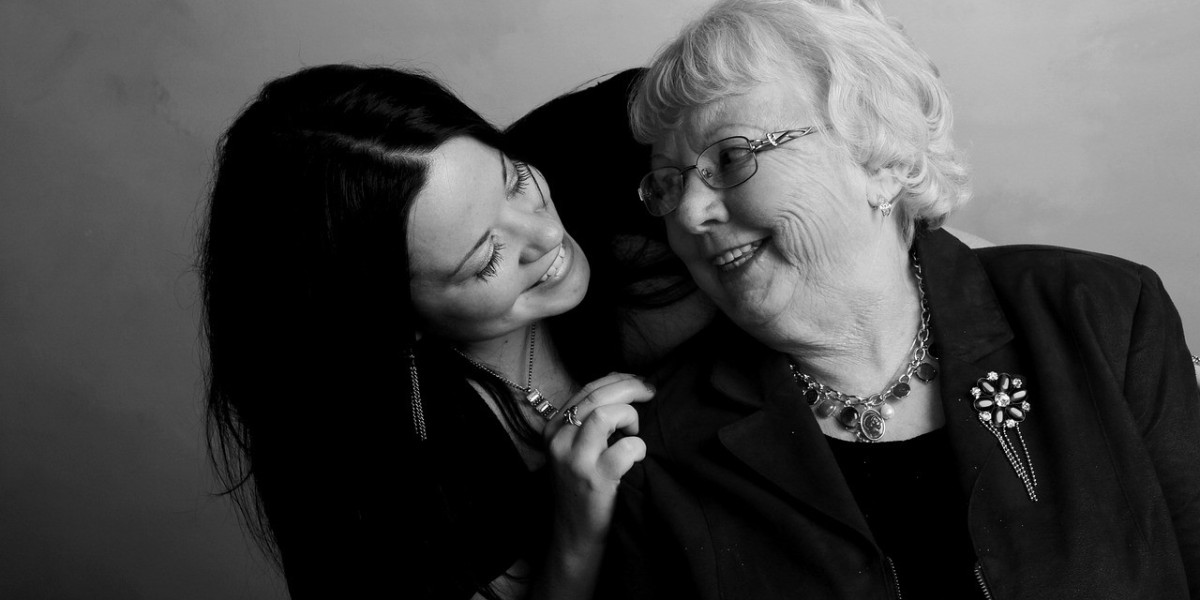Caring for someone with dementia is a journey filled with love, challenges, and moments of heartbreak. One of the most confusing and frustrating experiences for carers is when their loved one seems completely unaware of their memory loss or impairment.
This is not denial—it’s something called anosognosia. At We Talk Care, we’re here to shed light on this condition and offer practical tips to help you navigate it with understanding and compassion.
What Is Anosognosia?
Anosognosia (pronounced ah-no-sog-NO-sia) is a condition where someone with dementia or other cognitive impairments is unable to recognise their own decline. This isn’t simply refusing to accept their diagnosis—it’s a physical change in the brain that prevents them from being aware of their memory loss, confusion, or difficulties.
For carers, this can be particularly challenging. You may hear phrases like:
“I’m fine. There’s nothing wrong with me.”
“You’re imagining things! I don’t forget anything.”
It can feel like your loved one is being stubborn or dismissive, but it’s important to remember: they genuinely don’t realise what’s happening to them.
Why Does Anosognosia Happen?
Anosognosia is caused by damage to specific areas of the brain that are responsible for self-awareness and processing information. As dementia progresses, these areas become impaired, leaving the person unable to acknowledge their own condition.
Unlike denial, which is a psychological response, anosognosia is a result of physical changes in the brain. This distinction is key in understanding your loved one’s behaviour and finding ways to respond effectively.
How to Recognise Anosognosia
Your loved one may show signs of anosognosia if they:
· Insist there’s nothing wrong, even when faced with evidence (e.g., forgetting names, getting lost).
· Refuse help because they believe they don’t need it.
· Become frustrated or upset when you suggest they are struggling.
· Blame others for their mistakes or confusion.
It’s a difficult situation for carers, as your loved one’s lack of awareness can make caregiving decisions more complex.
Practical Tips for Carers
Navigating anosognosia requires patience, creativity, and a lot of empathy. Here are some tips to help:
1. Avoid Confrontation
Arguing or trying to “convince” your loved one of their condition usually causes more frustration for both of you. Instead, focus on reassurance and support rather than pointing out their struggles.
Example: If they forget where they are, gently remind them without saying, “You always forget this.”
2. Work Around Their Perception
Instead of forcing your loved one to accept help, reframe it as a benefit.
Example: “Let’s have someone help with cleaning to give us both more time to relax.”
3. Stay Calm and Reassuring
If your loved one becomes upset, remain calm and empathetic. Phrases like, “I’m here to help,” or “We’ll figure this out together,” can offer comfort.
4. Use Subtle Reminders
Gently provide reminders through tools like visual aids, calendars, or notes, but don’t criticize when they’re overlooked.
5. Seek Support
You don’t have to handle this alone. Connecting with other carers who have faced similar challenges can provide emotional support and practical advice.
Taking Care of Yourself
Dealing with anosognosia can be exhausting, both physically and emotionally. It’s natural to feel frustrated, helpless, or even angry at times. Remember: you’re doing your best in an incredibly difficult situation. Be kind to yourself and prioritise your own well-being.
Here are a few self-care tips for carers:
· Take breaks when needed, even if it’s just for a short walk.
· Talk to friends, family, or support groups who understand your journey.
· Seek professional advice if you feel overwhelmed or unsure about caregiving decisions.
You Are Not Alone
Caring for someone with dementia, especially when anosognosia is involved, can feel isolating—but you are not alone. At We Talk Care, we are here to listen, support, and share resources to help you on this journey.
Join our compassionate community of carers who understand the struggles, frustrations, and triumphs of caregiving. Together, we can navigate this challenging journey with empathy, kindness, and support.
